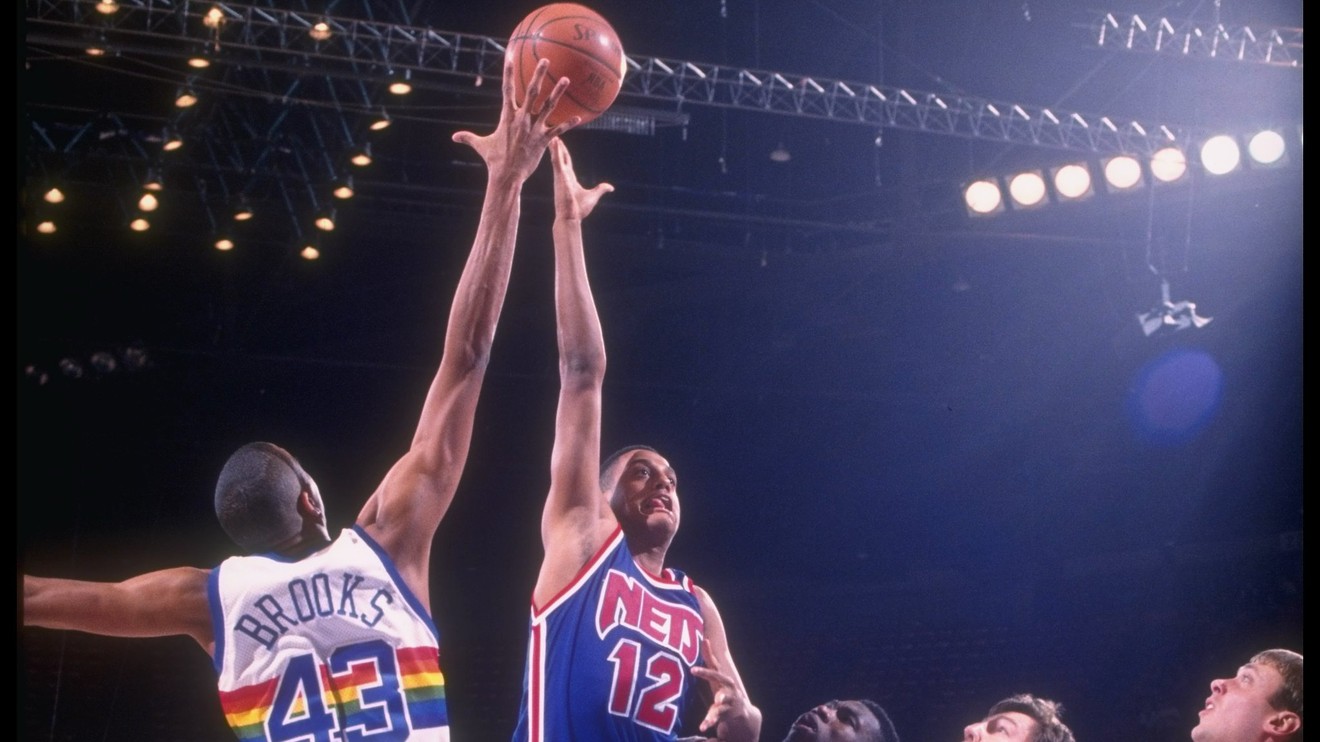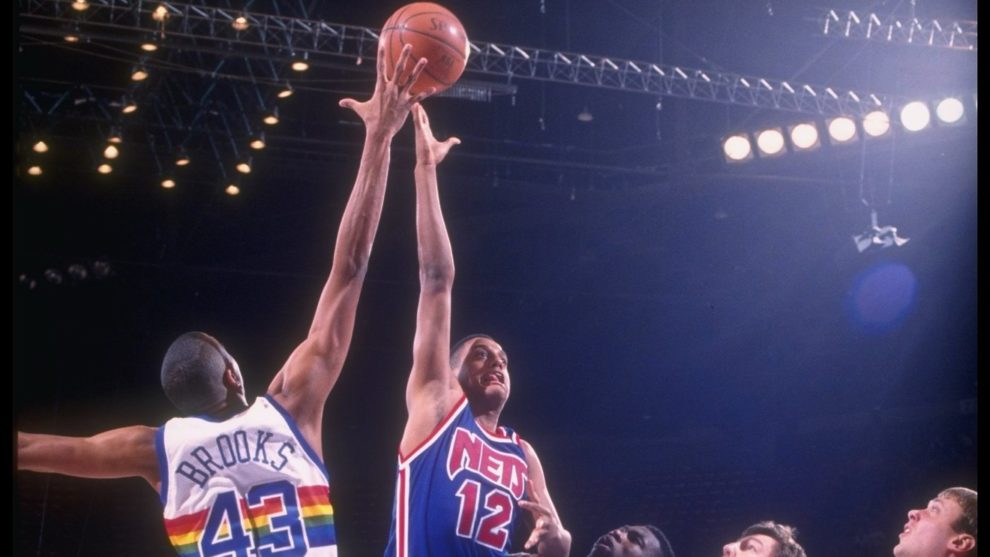
C. Tate George, a four-year NBA player in the 1990s before his 2013 real-estate Ponzi scheme conviction, said the Internal Revenue Service fouled him by filing his taxes while he was locked up.
Judge James Halpern wasn’t convinced, writing “the mere fact that [George] was incarcerated when his return was due is not reasonable cause for his failure to file timely.”
The IRS correctly determined George had an unpaid tax balance of $28,696 and owed almost $9,000 in additional fees, Halpern said in a decision released earlier last week.
Long before he was dueling with tax authorities, George was a University of Connecticut star player. At school, he heaved a successful buzzer beater in the very last second of a 1990 NCAA Sweet Sixteen round game.
He went on to play for the then-New Jersey Nets and Milwaukee Bucks.
In 2012, New Jersey federal prosecutors charged George for leading a Ponzi scheme that bilked victims out of $2.5 million. George was convicted at trial in 2013 and sentenced to a nine-year prison term, along with a $2.5 million restitution order to pay back victims.
George has maintained his innocence and he’s representing himself behind bars in a pending challenge on his case.
In 2013, the NBA paid George a $208,111 pension distribution, the Tax Court decision noted. When the incarcerated ex-player didn’t file his federal income taxes for that year, IRS officials took it upon themselves to file the return.
After all its calculations, the IRS said George had a $28,696 unpaid tax balance, the decision said.
George appealed.
He said if he had access to all his documents and did his own returns, he might have itemized deductions, which could have been more than the $6,100 standard deduction the
IRS gave him.
George complained that paying the amount would be a hardship for him and his family. He didn’t offer specifics about the alleged hardship, Halpern noted.
George represented himself in the Tax Court case. The 51-year-old is being held at a low-security federal prison in Pennsylvania. He’s scheduled for release in September 2021, prison records show.
An NBA spokesman declined to comment whether George was still receiving his pension. Player pension information was confidential, the spokesman said.
An IRS spokesman said “as a general rule, we don’t comment on pending litigation.”












